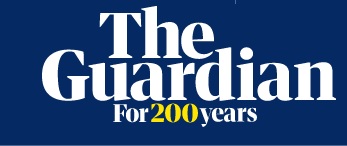On Monday, a Moscow court ordered three more men to be put in pre-trial detention in connection with the shooting. The men are accused of aiding and abetting terrorism and reportedly previously owned the car that the assailants used to escape the scene.
The incident near Moscow is the deadliest IS-claimed assault on European soil and the deadliest terror attack by any group in Russia since the 2004 Beslan siege.







